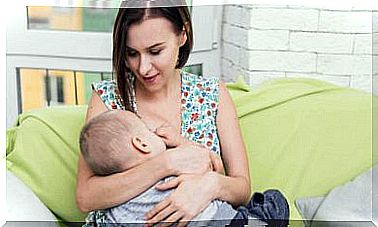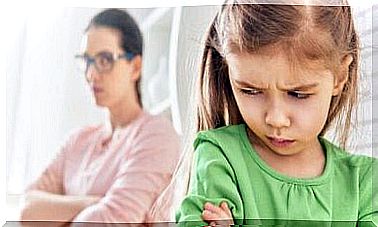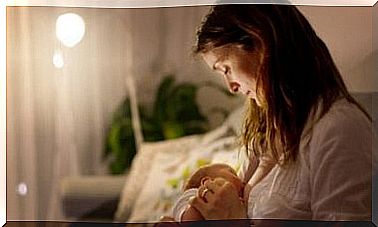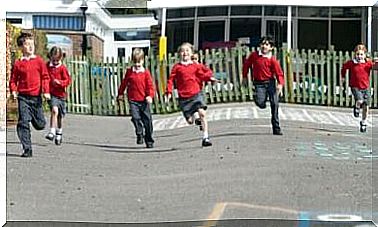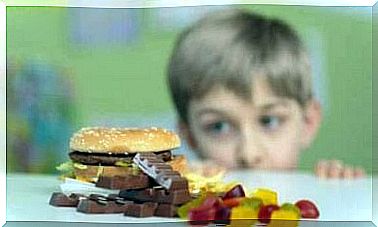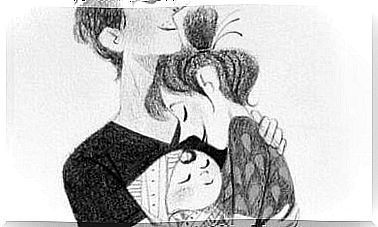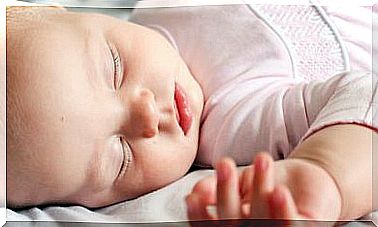Malicious Parents: The Ways To Identify Them
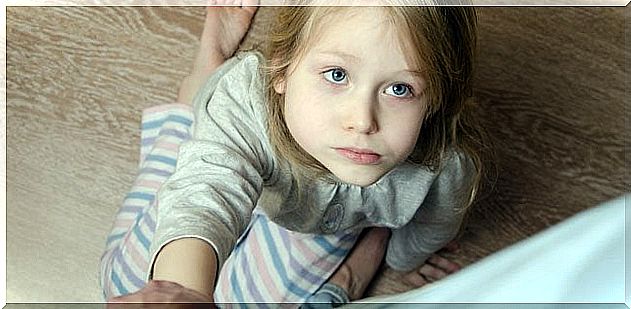
Parenting is a difficult task and we often wonder how we are doing instead of stopping to consider whether everything we do is done for our children’s happiness or for our own. This is when the so-called harmful parents come forward.
Harmful parents are those who believe they are helping or protecting their children, but are actually doing harm without realizing it.
From the moment we become parents, our only concern is their well-being. We want to give them all the opportunities we didn’t have ourselves, often without them being aware of the difficulty and the work we do to provide them with everything they need.
However, other times we make the mistake of being too serious and strict and this can also be negative. The same thing happens when we always put our own needs first or when we want them to do what we say they do at all costs.
Therefore, we must ask ourselves the following question. How can we identify a harmful parent?
Types of Harmful Parents
The helicopter
These are parents who are overprotective of their children and take care of all their chores and problems. This ranges from talking to their teachers to choosing the child’s friends.
This situation causes the children to suffer from anxiety and stress disorders.
It prevents them from developing their own independence and it makes them unable to handle certain situations.
Competitive Parents
These are harmful parents who project their frustrations and desires onto their children.
They are usually authoritarians, forcing their children to get the best grades and to excel in every discipline, even if it means an incredible amount of hours of work. In most cases, they don’t stop to ask their kids what they really want.
This type of parent ends up creating highly competitive adults who are likely to have stress issues. Growing up, they may also have low self-esteem or a need for acceptance and recognition.
mushroom parents
At first glance, they represent the ideal prototype parent through the eyes of a child: tolerant, generous and accommodating.
They never set boundaries for their children and let their children follow their every whim. They believe that this makes their children happy, but in reality they create children who grow up to be selfish and unreliable people.
These parents are usually people who grew up with very strict educational regimes or with parents who spent too much time outside the home. They try to make up for their lack of presence with gifts and excessive freedom.
The Manipulators
These are parents who want their children to do what they want by using every possible method. They often use emotional blackmail, psychological abuse (including physical in severe cases), and manipulation.
They raise children who suffer from feelings of inferiority and guilt.
They are people who become victims, who are able to lie for their own gain or to twist conversations into their own hands. They are fundamentally characterized by their selfishness.
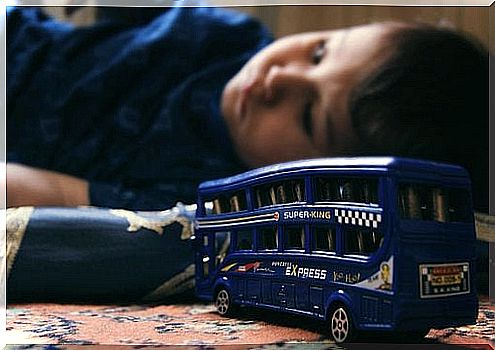
Absent Parents
As the name implies, they are almost never present in the lives of their children. Sometimes it can be due to work and in others it can be due to a divorce.
In these cases, children may suffer from feelings of abandonment and lack of significant emotional support. Many of them experience hatred or sometimes admiration for a parent.
These kinds of harmful parents may not see their children as a priority.
The friends
This type of parent tries to be their children’s best friends. They don’t set boundaries with the idea that then they will be loved more. These parents often use expressions that others would consider “youthful.” They usually behave inappropriately and are overly tolerant.
This kind of behavior is also maintained in front of their children’s friends. This often makes the child feel ashamed.
Because of this attitude they are not taken seriously. They are not seen as authority figures and are not respected. This, in turn, creates alienation between the parents and their children.
Are there solutions for these parenting styles?
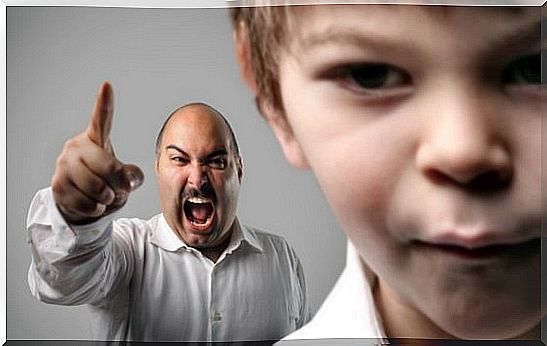
If you identify with one of these groups of parents, there is still time to adjust your behavior. There is no need to punish yourself or feel guilty. The important thing is to be aware of the problem. Sometimes we can become harmful parents because we want the best for our children. The problem is, not everything we think is good actually is.
There is only one childhood and your child should spend it with you. No matter how many moms and dads interact with them, you will always be their reference. You should always pay attention to their needs and try to empathize with them as much as possible. No one knows them better than you.
We must not forget that children are also people, with their own fears, desires and feelings, which are just as important as those of an adult. They should be respected and valued as this stage can define the rest of their lives.
